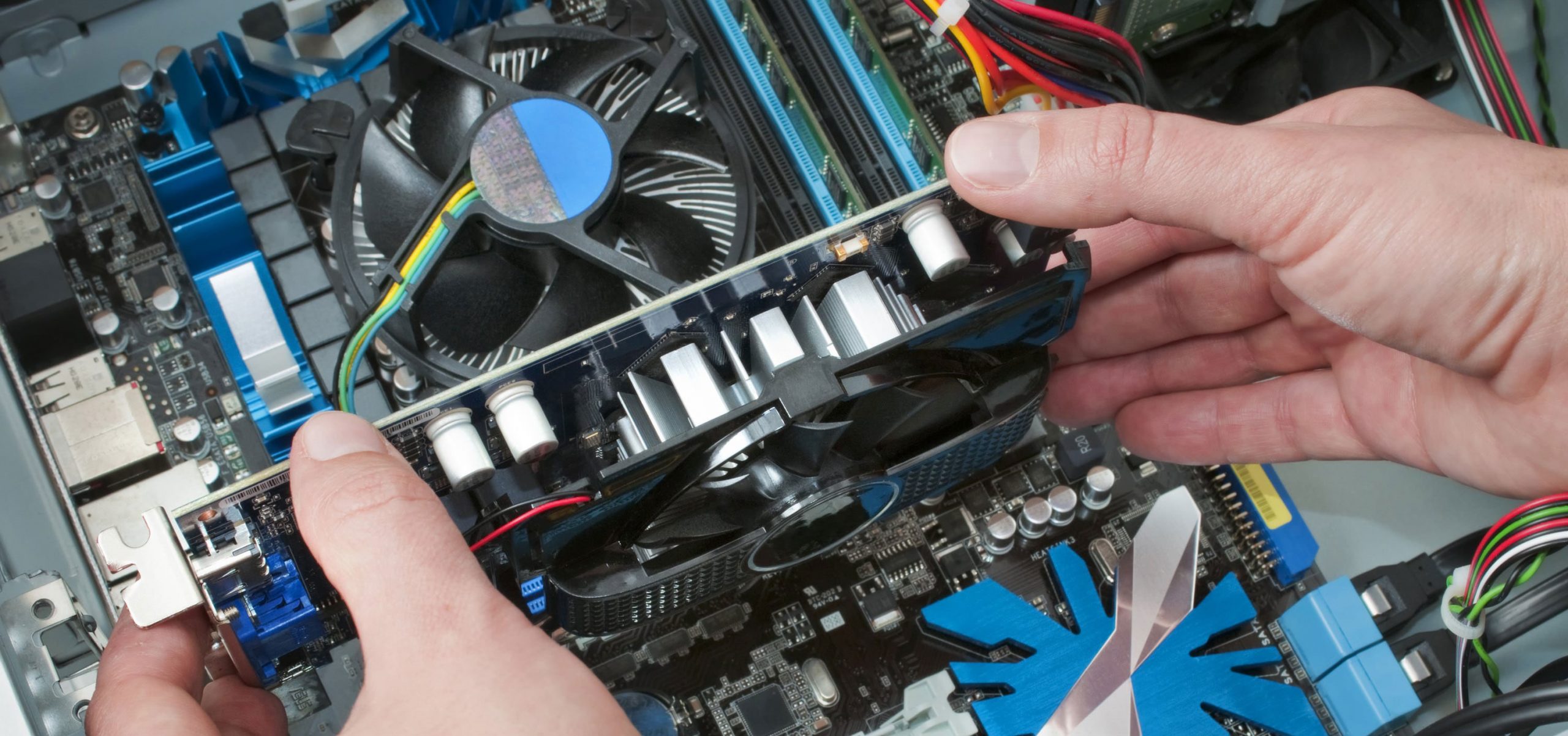Best Pittsburgh Business Computer Upgrades
There are many different computer upgrades that can be beneficial for businesses. The best upgrades for your business will depend on the specific needs of your employees and the type of work that your business does. However, some of the most common and beneficial business computer upgrades include:
- Assessment and Planning:
- Start by assessing the current state of your business computers. Identify which computers need upgrades and the specific reasons for upgrading (e.g., outdated hardware, slow performance, security concerns).
- Determine your budget for the upgrades. This will help you make informed decisions about the extent of upgrades you can undertake.
- Hardware Upgrades:
- RAM: Upgrading RAM can significantly improve multitasking and overall system performance.
- Storage: Consider upgrading to Solid State Drives (SSDs) for faster boot times and improved data access speeds.
- Processor (CPU): Upgrading to a faster or more powerful CPU can enhance overall computing performance.
- Operating System and Software:
- Ensure that your business computers are running the latest supported operating system version. This is essential for security and compatibility with modern software.
- Keep essential business software up to date to ensure optimal performance and security.
- Security Upgrades:
- Update or upgrade security software, such as antivirus and anti-malware programs, to protect against the latest threats.
- Consider implementing multi-factor authentication (MFA) for added security.
- Network Infrastructure:
- Assess your network infrastructure to ensure it can handle the increased demands of upgraded computers.
- Consider upgrading network hardware, such as routers and switches, to accommodate higher data transfer speeds.
- Data Backup and Recovery:
- Review and improve your data backup and recovery solutions to ensure data protection during and after the upgrade process.
- User Training:
- If there are significant changes in hardware or software, provide training to employees to help them adapt to the upgraded systems.
- Vendor and Compatibility Research:
- Research compatible hardware components to ensure they work seamlessly together.
- Check if any specialized software used by your business is compatible with the upgraded systems.
- Migration Plan:
- Develop a migration plan that outlines the order and schedule of upgrades, as well as any potential downtime.
- Consider piloting upgrades on a smaller scale before rolling them out across the entire business.
- Testing and Quality Assurance:
- Test the upgraded systems thoroughly to identify and resolve any issues before they impact regular business operations.
- Environmental Considerations:
- Dispose of old hardware responsibly by recycling or donating, keeping in mind environmental regulations and data security.
- Documentation:
- Maintain detailed records of the upgrade process, including hardware and software changes, for future reference.
- When is the Right Time to Upgrade?
- Understanding the indicators for when it’s time to upgrade your business computers for optimal performance and efficiency.
- How to Identify Computers Needing Upgrades?
- Recognizing signs that a computer is due for an upgrade, such as slow performance, lack of storage, or software incompatibility.
- Determining What to Upgrade?
- Strategies for assessing which components (like RAM, storage, or CPU) need upgrading in your business computers.
- Cost of Upgrading vs. Buying New?
- Analyzing the financial implications of upgrading existing computers versus purchasing new ones.
- Impact of Upgrades on Productivity?
- How computer upgrades can enhance productivity and efficiency in your small business operations.
- Cost-Effective Upgrades for Older Computers?
- Identifying budget-friendly upgrade options that can extend the life of older computer systems.
- Upgrading for Security Purposes?
- The importance of upgrades in maintaining cybersecurity and protecting business data.
- Ensuring Compatibility in Upgrades?
- Tips for ensuring that new components are compatible with existing systems.
- Frequency of Computer Upgrades?
- Guidelines on how often a small business should plan to upgrade its computer systems.
- Budget Planning for Upgrades?
- Advice on planning and allocating budget for computer upgrades within a small business context.


